WHAT’S FOR LUNCH?!
Appetiser: Leaf cakes
The darker, colder months brought their usual challenges this past Winter at Albion Primary School. Malaika and I work with the children, from ages 5-11, in the forest school space where we have 5 teenage hens, plenty of space to explore and a number of growing beds where we are growing herbs, fruits, vegetables and salads.
Running a lunchtime club, two after-school clubs and three educational workshop groups every week we can get a lot accomplished, when the plants are growing. Running all year through, an outdoor programme can become challenging in the dark, rain, snow and cold.
These challenges have brought lessons; ways of adapting and rethinking the way I’ve been working. I have used this opportunity to adopt a play-based practice, allowing the children, in the after-school club especially, to take the lead. I facilitate their learning, stepping back from a traditional ‘teacher’ role.
Retaining structure has been important; I established guidelines at the beginning of the new cohort and these are displayed on the door of the shed. These are mainly concerning safety and respect for the things inside the garden; taking care of each other, being respectful to people, plants and trees, and taking responsibility for the hens’ safety. Retaining a certain level of structure has proved successful - easing the children into the environment of self-lead activities. Having the hens has helped; a few children that need more routine and process have taken on the responsibility of collecting eggs, refilling their food and water, and cleaning out their house. I will never tire of watching a 6-year-old roll up their sleeves, grab a brush and go to town on a poo-collection tray. It’s a mixture of respect and astonishment.
One of the older children, at 7 years, has taken on the role of a forest chef, coming to the session with a pre-prepared menu, working alongside his sous chefs to harvest ingredients and meticulously assemble a taster menu, comprising of several courses, with the dominant ingredient being mud.
It took a few weeks for the children to understand that play and learning don’t have to be mutually exclusive and that they won’t be excluded should any of the guidelines be broken. Within the past few weeks we have together learnt amazing things about soil structure and life beneath the surface, we’ve talked about what we think happens to things when they die, and worked out the structural properties of different types of stick. All from digging a few holes, playing with string and me taking a step back.
The snow drops are out, the tree buds are ready to burst and I’m wearing one less jumper. Malaika and I are preparing for a busy season of growing food for the school kitchen and keeping everything watered. I will remember this Winter not as the months to grind through but as a time to play and enjoy the company of your snotty, bundled-up forest companions.
Hey - Forest Chef - What’s for lunch?!
Jack is the Schools and Community Coordinator at Paper Garden. He facilitates the forest school activities at Albion Primary School and runs the primary schools programme at the Paper Garden site.


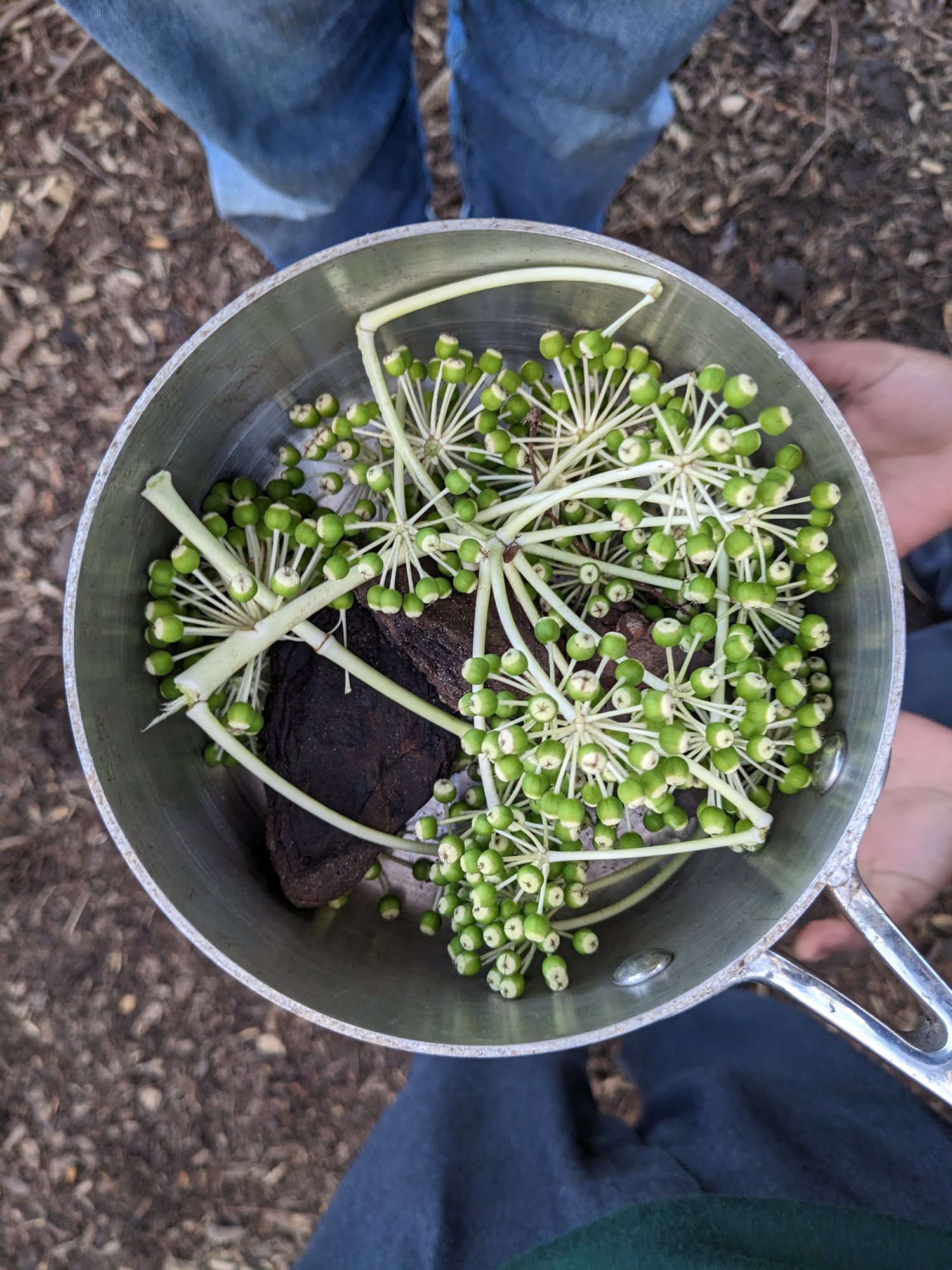
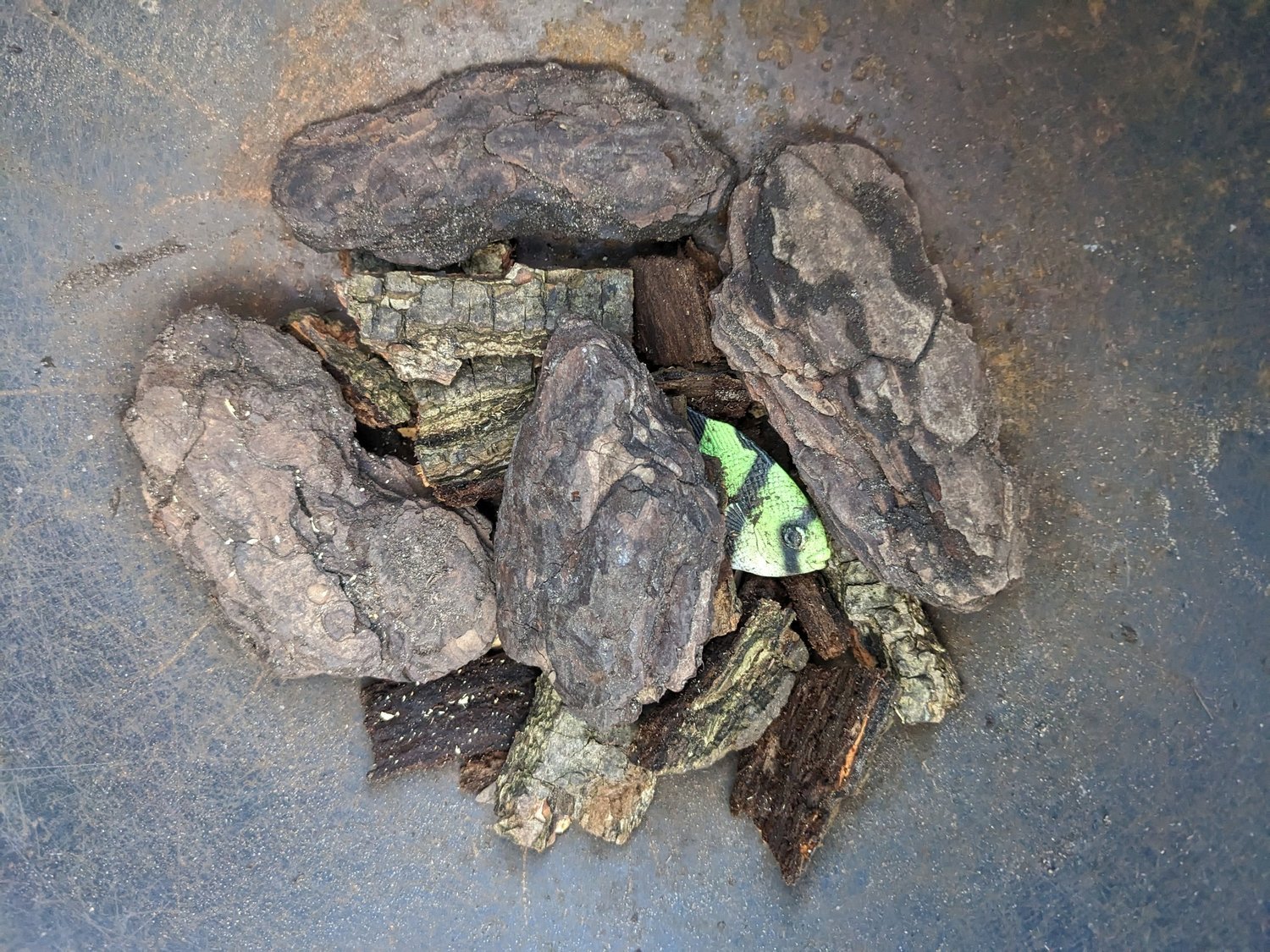
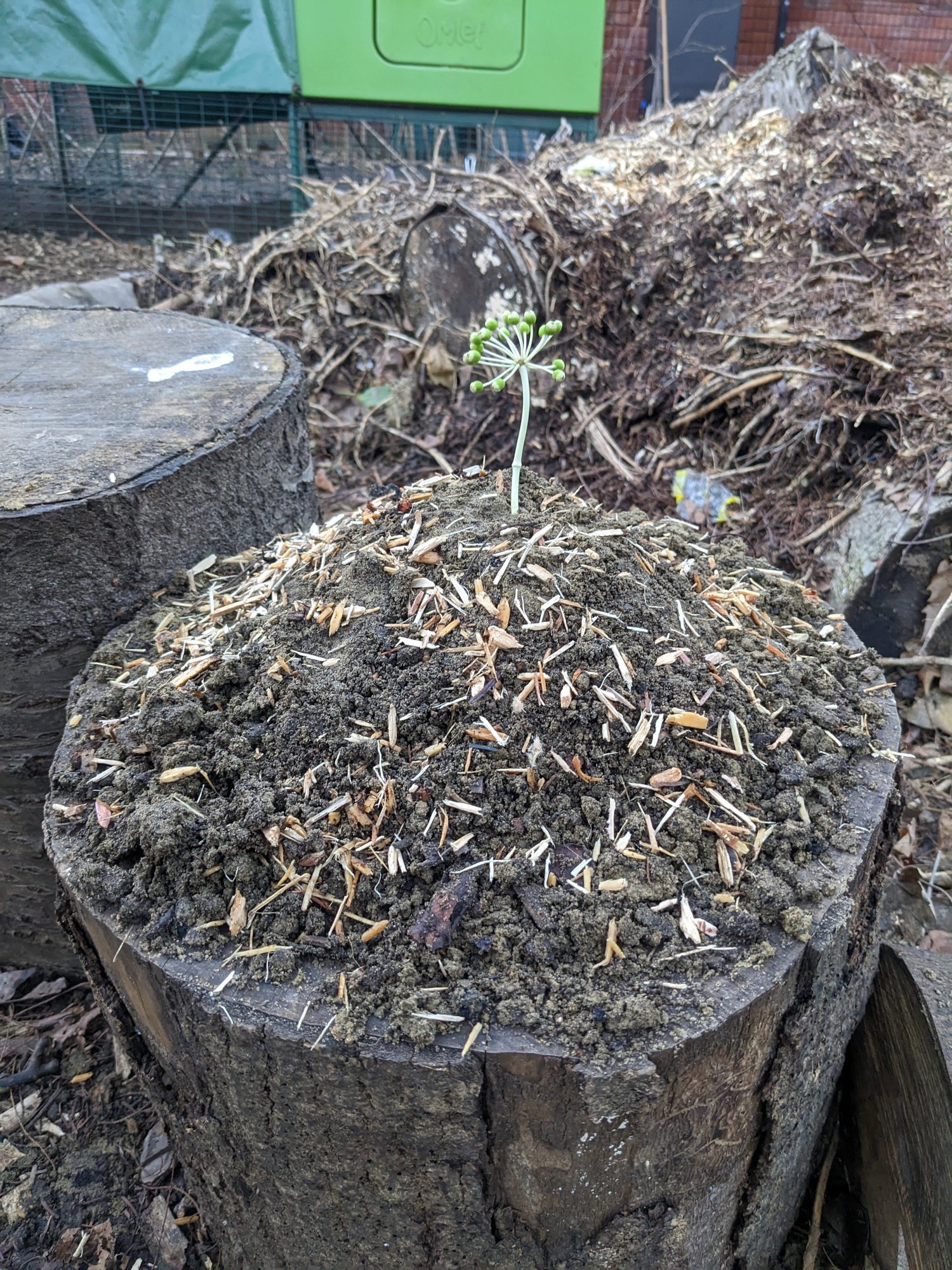
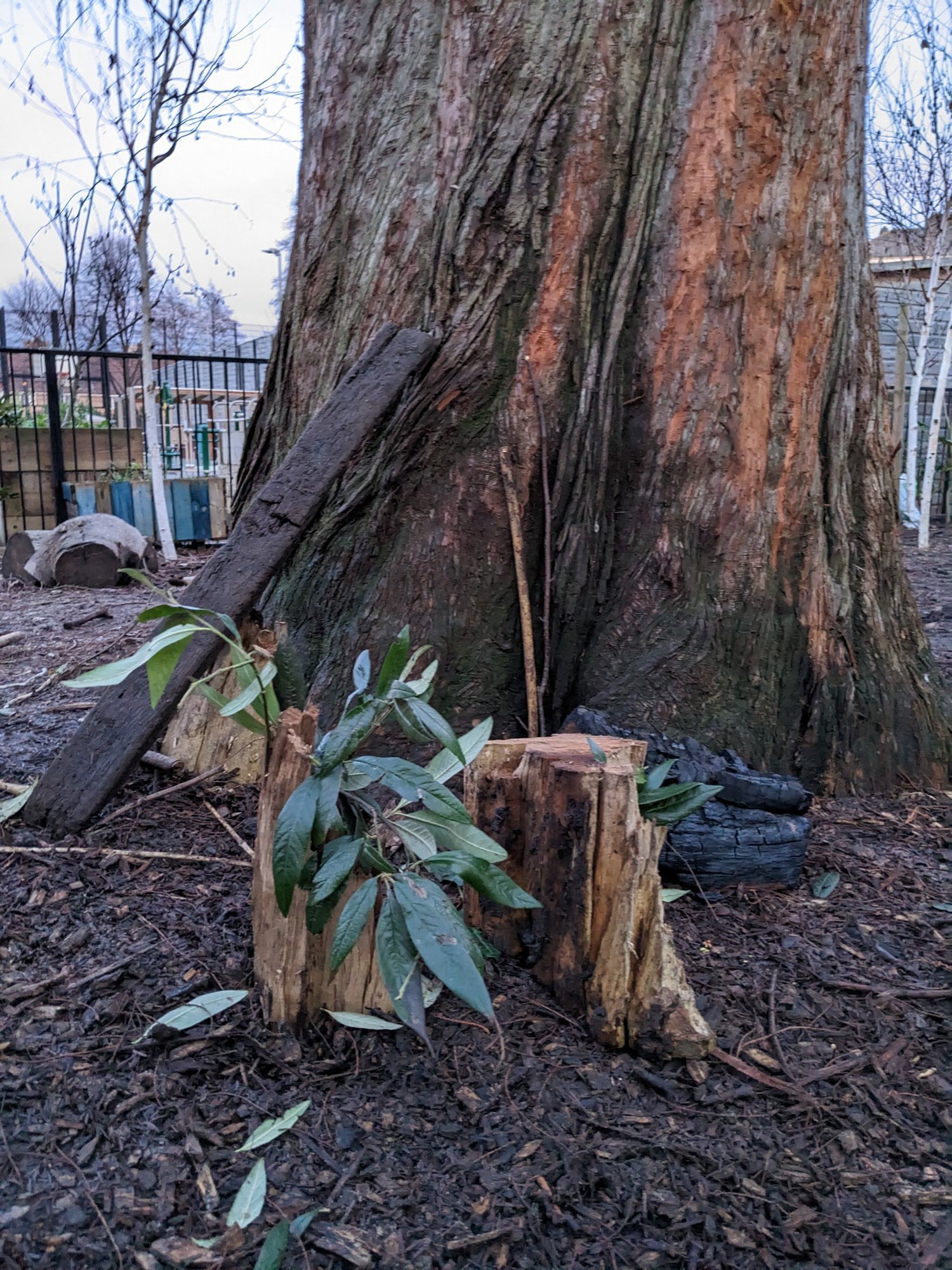
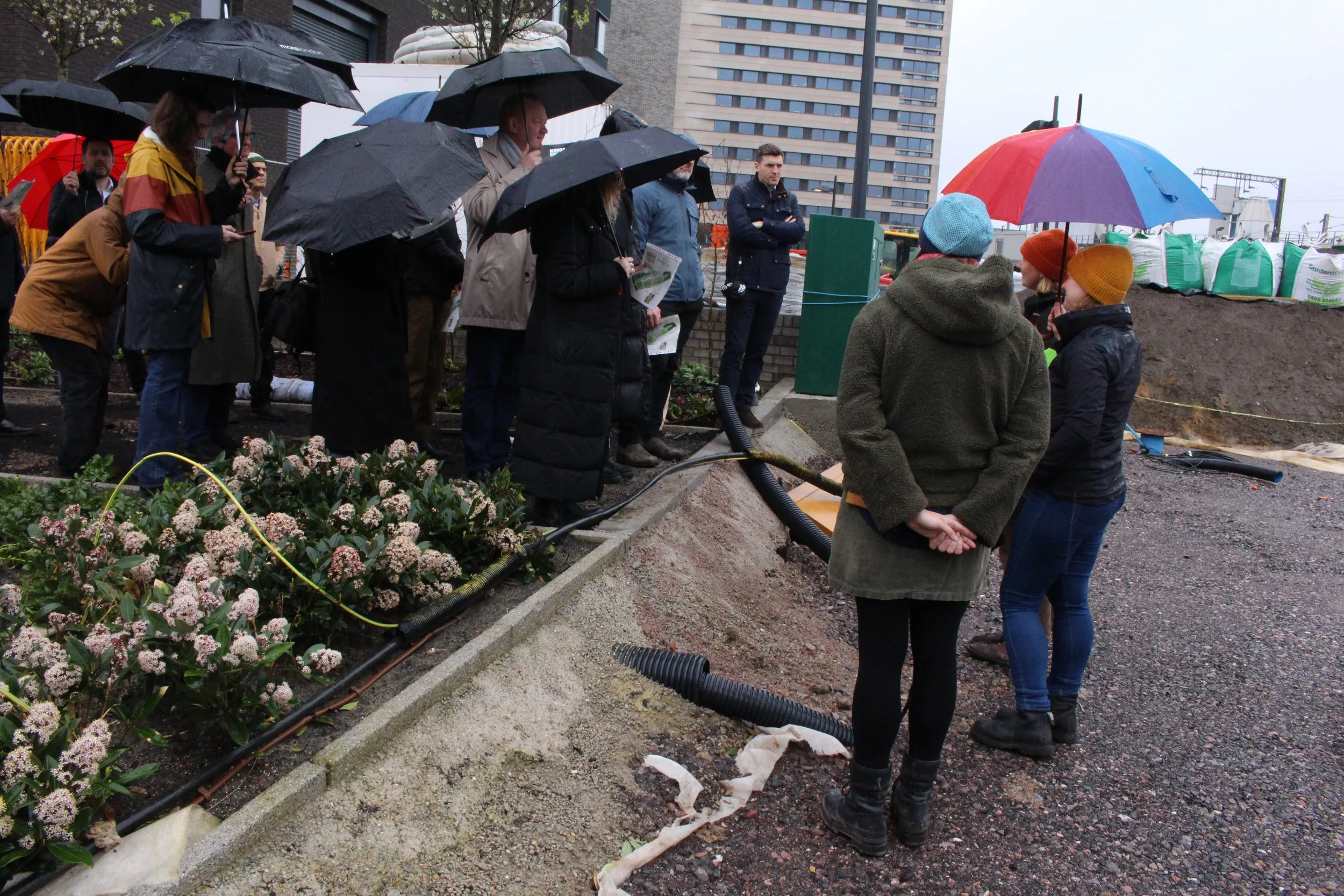

The barge art session hosted by Sarah Pimenta and Pia Jones was reviving.